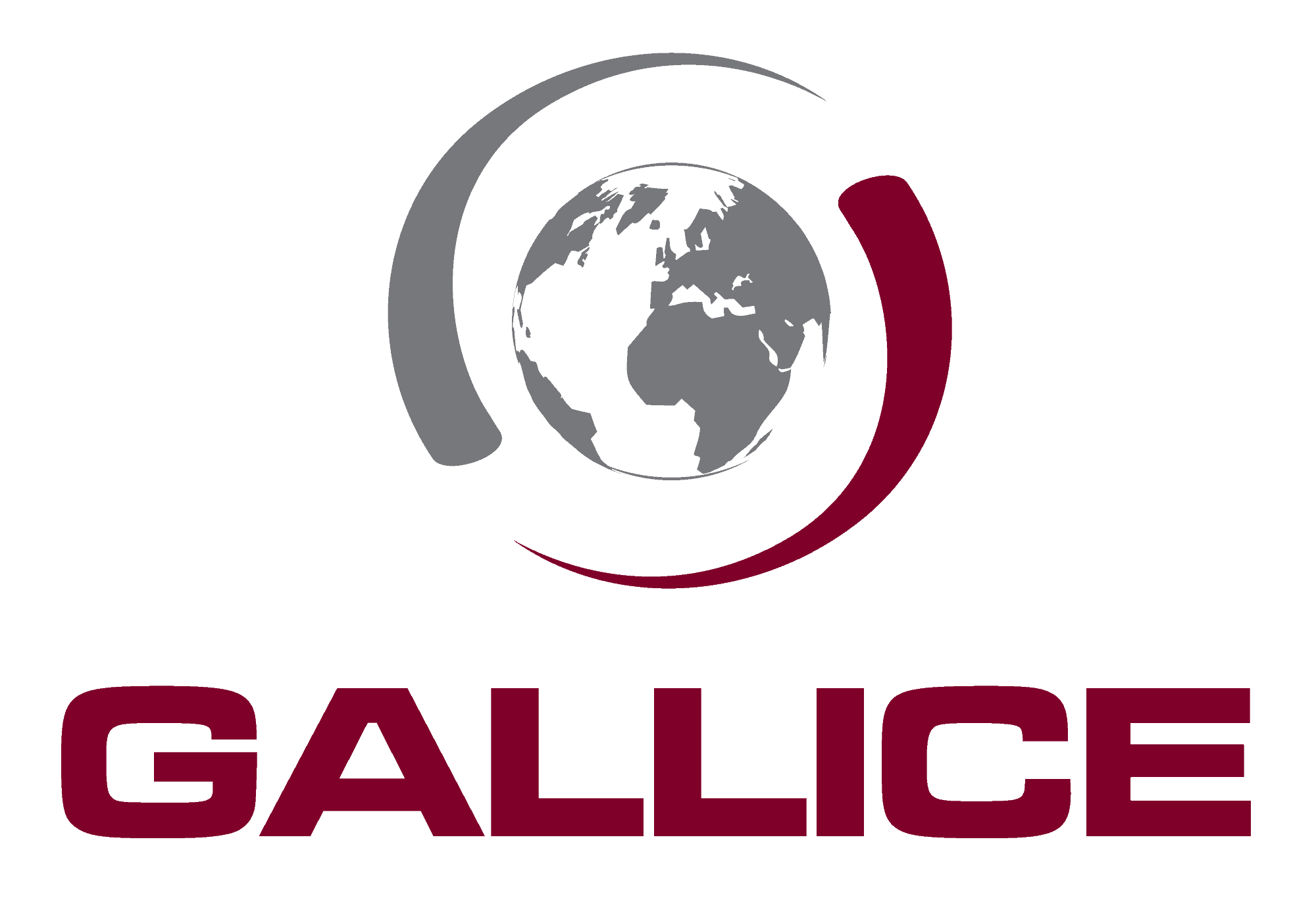LEBANON
In 2025, Lebanon remains in a deep crisis, unprecedented since the civil war. The country is facing economic collapse, institutional paralysis, growing insecurity, communal tensions, and indirect involvement in the regional conflict between Israel, Hamas, and Hezbollah.
Politically, Lebanon has been without a president since 2022, due to the Parliament’s failure to elect a successor to Michel Aoun. The country is led by a caretaker government with limited powers, while major (often sectarian) political factions obstruct any institutional progress. The judiciary is weakened, and public institutions are dysfunctional.
Lebanon's economy is in ruins: over 80% of the population lives below the poverty line, the Lebanese pound has lost more than 98% of its value since 2019, and essential services (electricity, water, healthcare, education) are largely managed by NGOs or the private sector. Remittances from the diaspora and humanitarian aid are vital.
The south is the epicentre of insecurity. Since the war between Israel and Hamas in 2023, Hezbollah has opened a second front in northern Israel. Israeli airstrikes in southern Lebanon are near-daily, while Hezbollah rocket fire and border clashes have displaced tens of thousands of civilians. The risk of a major regional conflagration remains high.
In the Bekaa Valley, organised crime, trafficking (drugs, weapons), and armed clan clashes persist. In Tripoli and some Beirut neighbourhoods, communal tensions and sporadic violence have been reported. Palestinian refugee camps also remain sensitive areas.
Lebanon still hosts around 1.5 million Syrian refugees, whose presence is increasingly contested. Growing tensions have been observed between host communities and refugees, exacerbated by economic hardship.
While protests are less frequent than during 2019–2021, they can still erupt, particularly in response to scandals or service outages. They are sometimes met with violent repression.
For travellers, risks are very high: insecurity, urban crime, risks of attacks or targeted kidnappings, and restricted access to certain regions. Southern Lebanon, the Bekaa Valley, and certain Beirut suburbs are strongly discouraged. Following consular advice and having a robust security setup is essential.
